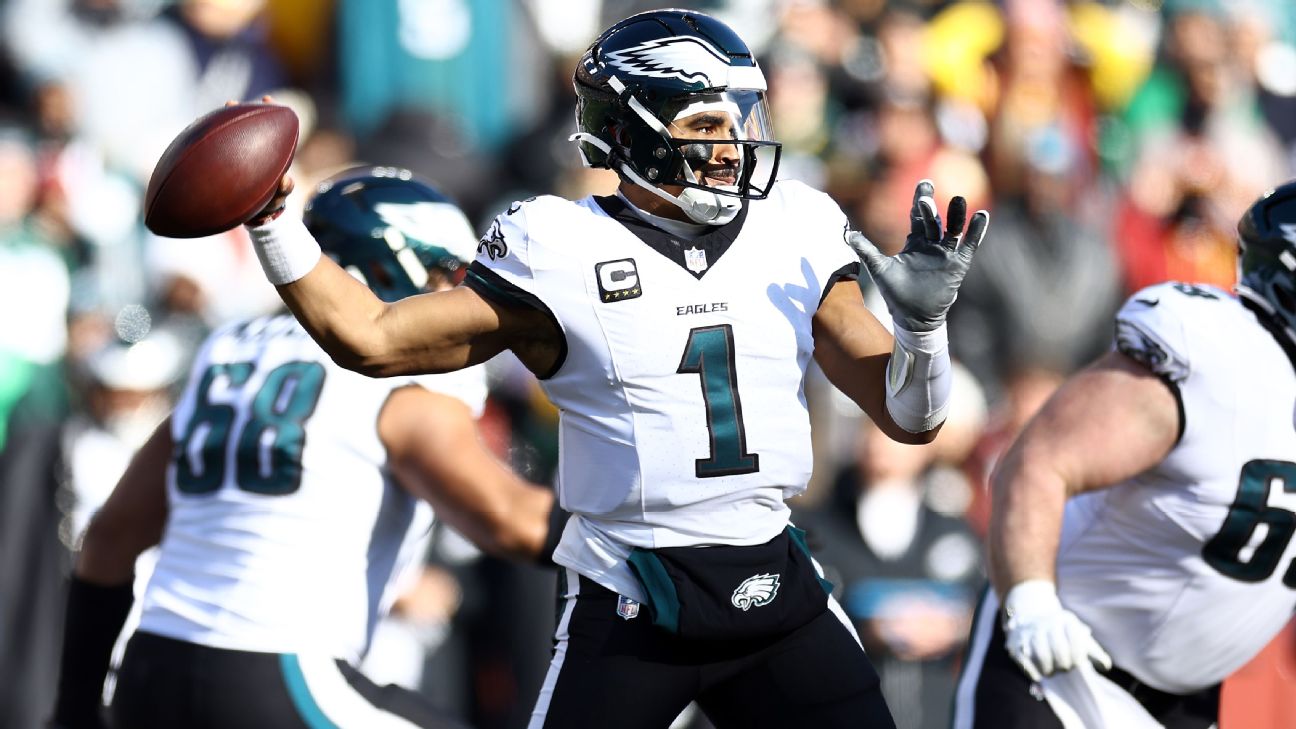Phillies to start Tommy Joseph in place of Ryan Howard for 3-4 days

PHILADELPHIA -- He's batting .154 with 53 strikeouts and only 22 hits. He is coming off the worst calendar month in the modern history of his franchise. And now Ryan Howard is headed to the bench, until at least this weekend and possibly longer.
Philadelphia Phillies manager Pete Mackanin announced Wednesday that he told Howard he would get the next "three or four days" off to "clear his head" while rookie first baseman Tommy Joseph gets a chance to play. But the manager conceded that this could be the beginning of an even more extended opportunity to play for Joseph, a converted catcher who was batting .270, with three homers and an .816 OPS in his first 13 games in the big leagues.
Asked what would happen if Joseph, 24, continues to hit, Mackanin replied, "Then I might have to extend it and have another talk with [Howard] and say, 'I just can't take him out of the lineup.'"
Howard, 36, is earning $25 million in the final season of a five-year, $125 million contract, not including a $10 million buyout on a $23 million option for 2017. He just finished going 7-for-69 (.101) in May, with 28 strikeouts and seven hits in 75 plate appearances. It's the lowest average in a calendar month by any Phillies player who batted that often in the last 100 years, breaking the old record of .103 set by Chris James in May 1989.
Mackanin said he called Howard into his office Wednesday afternoon for what the manager described as "an adult conversation" about the move and the reasoning behind it.
"He knows where he's at," Mackanin said. "We just had a great conversation. A tough conversation, but a good one. He's accepted what I'm doing. ... The discussion we had was very logical and matter-of-fact."
But Mackanin was blunt about Howard's situation afterward. Asked if this represents a "last chance" for Howard to regroup and save his job, Mackanin replied, "This whole year is a last chance for him."
Howard told a large media contingent that he understood Mackanin's reasoning for sitting him down.
"We had a conversation," Howard said. "I told him, 'I get it. I know where I am right now.'
"By no means am I trying to relinquish my job or anything, but you know, I've played the game long enough to know and understand."
However, Howard rejected the notion that he needs this break to clear his head, saying, "My head is fine." And he admitted he isn't happy about being in this position.
"If you're happy with the news, then why are you playing?" he asked. "We're all competitors here. If you don't want to be out here to play, if you're going to be happy with something like that, then you probably should just pack it up and go home."
Howard's decline has become an increasingly prevalent topic of national conversation, both in the media and in other front offices. If the world is waiting for him to surrender and retire, though, he made it clear he isn't interested, even if his numbers don't improve.
"If things didn't ever get better? No, I'm not going to quit," he said, emphatically. "That's not in the vocabulary. That's the easiest thing to do, is quit and give up when things are hard. You really see what you're made of when those things are not going the way you want them to go."
Asked if he could accept being a "complementary" player, Howard said he wouldn't even allow himself to think like that. But he conceded it has been difficult to find himself in this spot.
"I don't think anybody wants to answer questions like this," he said.
A long time ago, he said, his sophomore baseball coach gave him advice about how to handle situations like this, and he has never forgotten those words.
"He's like, 'Hey, you can either sit there and just sulk about it or you can do something about it,'" Howard recalled, "[so] the only thing I can do is do something about it."






